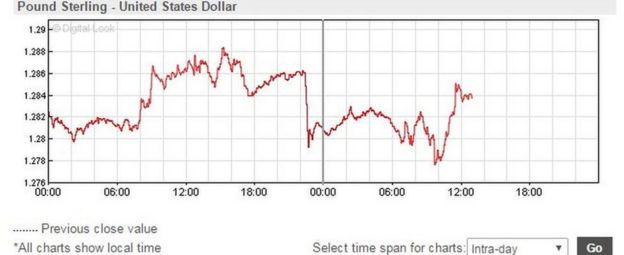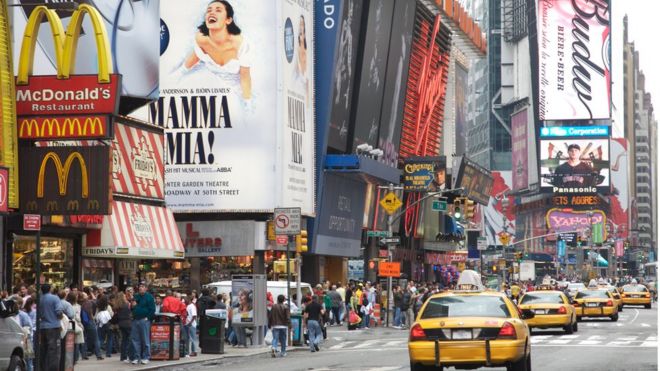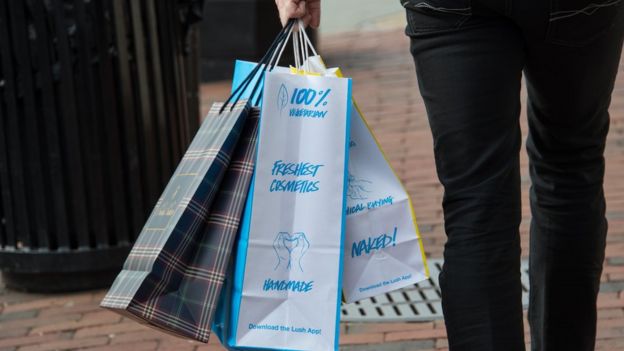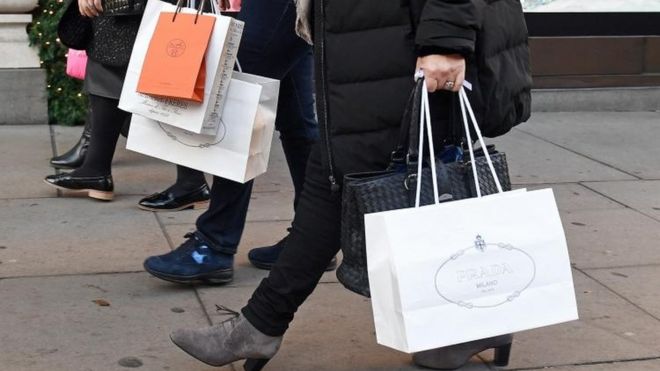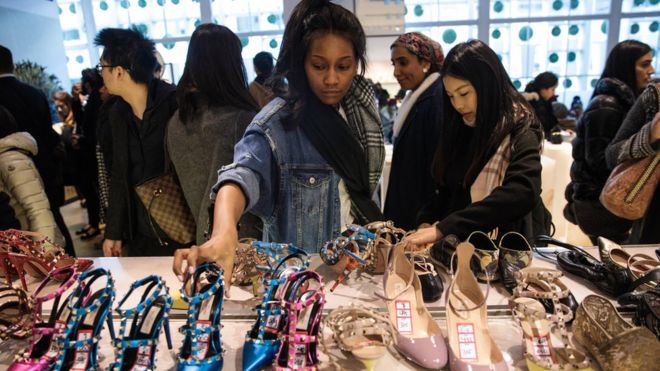President Donald Trump suffered his most significant setback yet in a bitter fight over his revised travel ban as a federal appeals court slammed it as being “steeped in animus.”
The court in Richmond, Virginia, refused on Thursday to lift a nationwide block on Trump’s attempt to ban travel from six mostly Muslim countries on national security grounds. The judges used especially harsh language in a 79-page decision that is certain to plague the president in other courtroom battles over the directive.
The court warned that government missteps in dealing with religion can foster hostility and division and encourage persecution of minorities.
“The risk of these harms is particularly acute here, where from the highest elected office in the nation has come an executive order steeped in animus and directed at a single religious group,” the panel said.
The administration now must decide whether to turn to the Supreme Court and, if so, how quickly. The government could ask the court to take emergency action to let the ban take effect while the litigation plays out. The administration so far has eschewed taking that step during the months-long legal fight.
Trump’s position, however, was strengthened last month when the Senate confirmed his Supreme Court nominee, Neil Gorsuch. Reinstating the ban would require the votes of five of the nine justices, with Justice Anthony Kennedy as the likely swing vote.
Dangerous Times
"These clearly are very dangerous times and we need every available tool at our disposal to prevent terrorists from entering the United States and committing acts of bloodshed and violence,” White House spokesman Michael Short said in an email. “We are confident the President’s executive order to protect the country is fully lawful and ultimately will be upheld."
Omar Jadwat, the lawyer with the American Civil Liberties Union who argued the case, predicted the Supreme Court would agree with the Virginia court in the event of an appeal.
"We have won at every stage so far, and we’ve won because this ban is such a stark violation of our fundamental principals of religious liberty," he said.
Thursday’s ruling is the first of two appeals court decisions focused on whether to uphold temporary injunctions blocking the ban. In both cases, the courts are weighing facts alleged in the lawsuits and determining whether the plaintiffs are likely to prevail. A trial could be months or years away.
A San Francisco-based court, generally viewed as more liberal than the one in Virginia, heard arguments on the same issue on May 15.
As a measure of the case’s consequence, the full appeals court in Richmond, rather than the typical three-judge panel, opted to decide whether a district judge in Maryland properly blocked Trump’s order. By a vote of 10-3, the appeals court upheld the Maryland judge, although several judges did not join fully in the majority’s opinion.
A forerunner of the executive order incited chaos and condemnation when it was rolled out without warning in January. Federal courts soon blocked its enforcement, prompting a re-do. Subsequent controversies have distracted from Trump’s agenda, including his firing of FBI Director James Comey amid the bureau’s investigation into potential campaign ties to Russia.
The case hinged largely on whether Trump’s comments on the campaign trail -- such as calling for a total shutdown on Muslims entering the country -- should be used to determine the motive of the travel ban. The government argued that Trump’s comments as a private citizen -- as well as statements by former New York City Mayor Rudy Giuliani, a Trump adviser -- were irrelevant. The court disagreed.
“We need not probe anyone’s heart of hearts to discover the purpose of EO-2, for President Trump and his aides have explained it on numerous occasions and in no uncertain terms,” the court said, using shorthand for the second executive order.
The court pointed to Trump’s campaign comments including, “We’re having problems with the Muslims.” It said the president has “broad power” to deny entry to aliens but that power isn’t absolute. The judges discounted the administration’s anti-terror rationale for the ban, saying the White House hadn’t detailed the risks posed by those covered by the order and had issued its first decree without consulting national security agencies.
The ruling had a partisan tinge. Judges voting to uphold the freeze order were appointed by Democratic presidents, although one was reappointed by a Republican. The three dissenters were named by Republicans.
A 2015 Supreme Court opinion written by Justice Kennedy has become a pivotal precedent in the legal fight. In a case involving a U.S. citizen seeking to challenge the denial of her Afghan husband’s visa application, Kennedy said courts shouldn’t second-guess immigration decisions "absent an affirmative showing of bad faith." Although Kennedy wrote only for himself and Justice Samuel Alito, the opinion represented the controlling reasoning for the splintered court.
In Thursday’s decision, the appeals court pointed to Kennedy’s opinion and said the Trump administration had acted in bad faith.
In dissent, three judges in Virginia said the appeals court was wrong to consider Trump’s campaign statements. Judge Dennis Shedd added that the “real losers in this case are the millions of individual Americans whose security is threatened on a daily basis by those who seek to do us harm.”
Lower courts have split on whether to consider Trump’s words on the campaign trail. A Hawaii judge who also blocked the order said a “court will not crawl into a corner, pull the shutters closed and pretend it has not seen what it has.” But a Virginia judge said he’s not going to look to Trump’s comments as a candidate and “psychoanalyze the president” for his motives in drafting the ban.
The cases are International Refugee Assistance Project v. Trump, 17-1351, U.S. Court of Appeals, Fourth Circuit (Richmond); and State of Hawaii v. Trump, 17-15589, U.S. Court of Appeals, Ninth Circuit (San Francisco).
